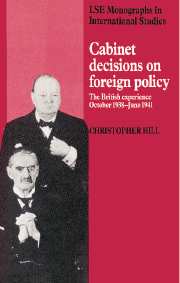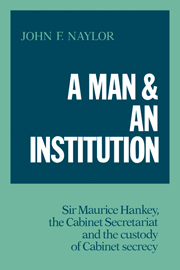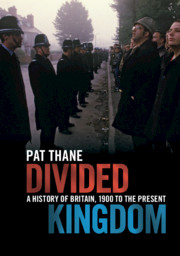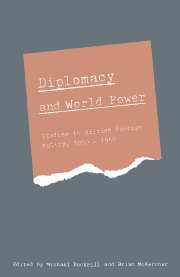Cabinet Decisions on Foreign Policy
In this book, Dr. Christopher Hill breaks new ground by presenting a detailed case study of the British government and foreign policy. He takes the dramatic period from the Munich conference of 1938 to the German invasion of the Soviet Union three years later and analyzes the patterns of argument and influence within the British Cabinet. By using extensive archival material, he examines how far the strong personalities of Neville Chamberlain and Winston Churchill were able to dominate their Cabinets in an area where prime ministers have traditionally been supposed to exercise considerable freedom.
Reviews & endorsements
"Hill's book is...primarily a work of analysis written from an international relations standpoint; however, Hill is too good a historian to get bogged down in jargon or models, and history will keep breaking in." The International History Review
"In a series of case studies, Hill opens new perspectives on one of the most thoroughly studied periods in modern British history....worth reading by those with a serious interest in the period." Choice
Product details
June 2002Paperback
9780521894029
384 pages
217 × 140 × 24 mm
0.525kg
Available
Table of Contents
- List of figures
- List of tables
- Acknowledgements
- Preface
- 1. Cabinets, foreign policies and case-studies
- 2. Constructing the Polish Guarantee, 15–31 March 1939
- 3. The Soviet question, April–August 1939
- 4. Entry into war, 1–3 September 1939
- 5. Reacting to the 'peace offensive', October 1939
- 6. To continue alone? May–June 1940
- 7. The longer term: war aims and other committees, October 1940–June 1941
- 8. Decision-making in Cabinet
- Appendices
- Notes
- Bibliography
- Index.









